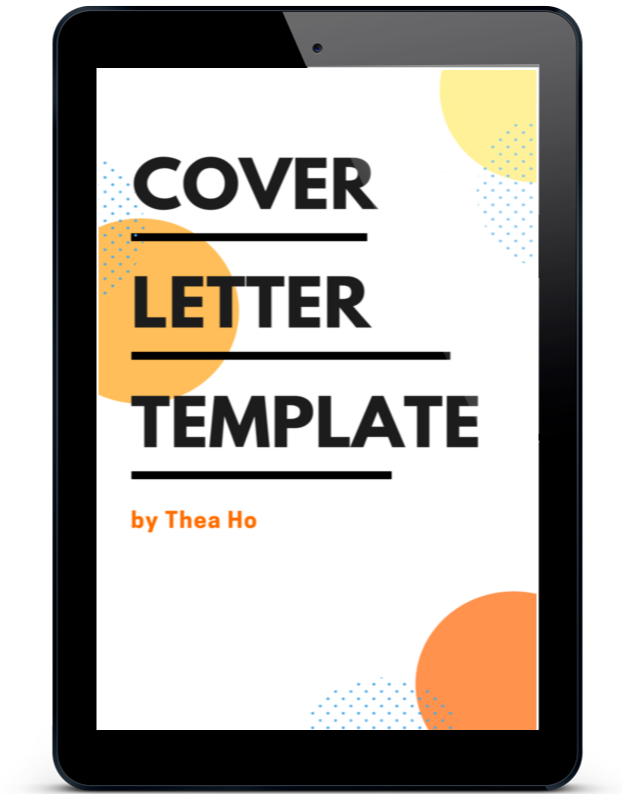Phone Interview Tips — How to Impress Before You Even Meet

Phone interviews are often the first step in the hiring process. They help employers narrow down candidates before inviting them to in-person or video interviews. While they might seem less intimidating than face-to-face meetings, phone interviews can be surprisingly challenging — you don’t have body language or visual cues to help you connect.
The key is to prepare as seriously as you would for any other interview. Here are my top phone interview tips to help you stand out and move to the next stage.
1. Prepare Your Space and Equipment
Choose a quiet location where you won’t be interrupted. If possible, use a landline or a reliable mobile connection.
Have a printed copy of your resume and the job description in front of you, along with a pen and paper for notes. This allows you to quickly reference key points without fumbling during the call.
2. Research the Company and Role
Employers expect you to know the basics about their organisation and the position you’re applying for. Spend time reviewing the company website, recent news articles, and the LinkedIn profiles of key staff.
Be ready to answer:
- Why you want to work there.
- How your skills match the role.
- What you know about their industry and competitors.
3. Practice Common Questions
Phone interviews are often short, so your answers need to be clear and concise. Prepare responses to common questions such as:
- 'Tell me about yourself.'
- 'Why should we hire you?'
- 'What are your strengths and weaknesses?'
Use the STAR method (Situation, Task, Action, Result) to structure behavioural answers.
4. Smile and Use an Energetic Tone
Because the interviewer can’t see you, your tone of voice matters even more. Smiling while you speak naturally makes your voice sound warmer and more enthusiastic.
Avoid sounding monotone — vary your pitch and pace to keep the conversation engaging.
5. Listen Actively and Pause Before Responding
Without visual cues, it’s easy to accidentally talk over the interviewer. Listen carefully, and pause briefly before responding to ensure they’ve finished speaking.
If you’re unsure about a question, it’s fine to ask for clarification.
6. Have Questions Ready
Asking thoughtful questions shows you’re engaged and serious about the role.
Examples:
- 'What does success look like in this position?'
- 'Can you tell me more about the team I’d be working with?'
- 'What are the next steps in the hiring process?'
7. Follow Up with a Thank-You Email
Send a thank-you email within 24 hours. Reiterate your interest in the role and mention something specific from the conversation to make your message memorable.
Get Ready for Every Stage of the Hiring Process
If you want to prepare not just for phone interviews but for every stage of your job search, download the Skilled Job Starter Kit — the free resource that’s helped hundreds of migrants and international students land skilled jobs faster.
Inside, you’ll get:
- A proven ATS resume template
- A cover letter template that gets noticed
- A LinkedIn checklist to boost recruiter trust
- Interview strategies to turn offers into jobs
Get it free: https://www.theaho.co/free
FAQs
Should I stand or sit during a phone interview?
Standing can help you project more energy in your voice, but sitting comfortably is fine as long as your posture is upright.
Can I have notes in front of me during a phone interview?
Yes, having notes is an advantage — just avoid reading them word-for-word to keep your delivery natural.
How long do phone interviews usually last?
They typically last 20–30 minutes, depending on the role and how many questions the interviewer has.


